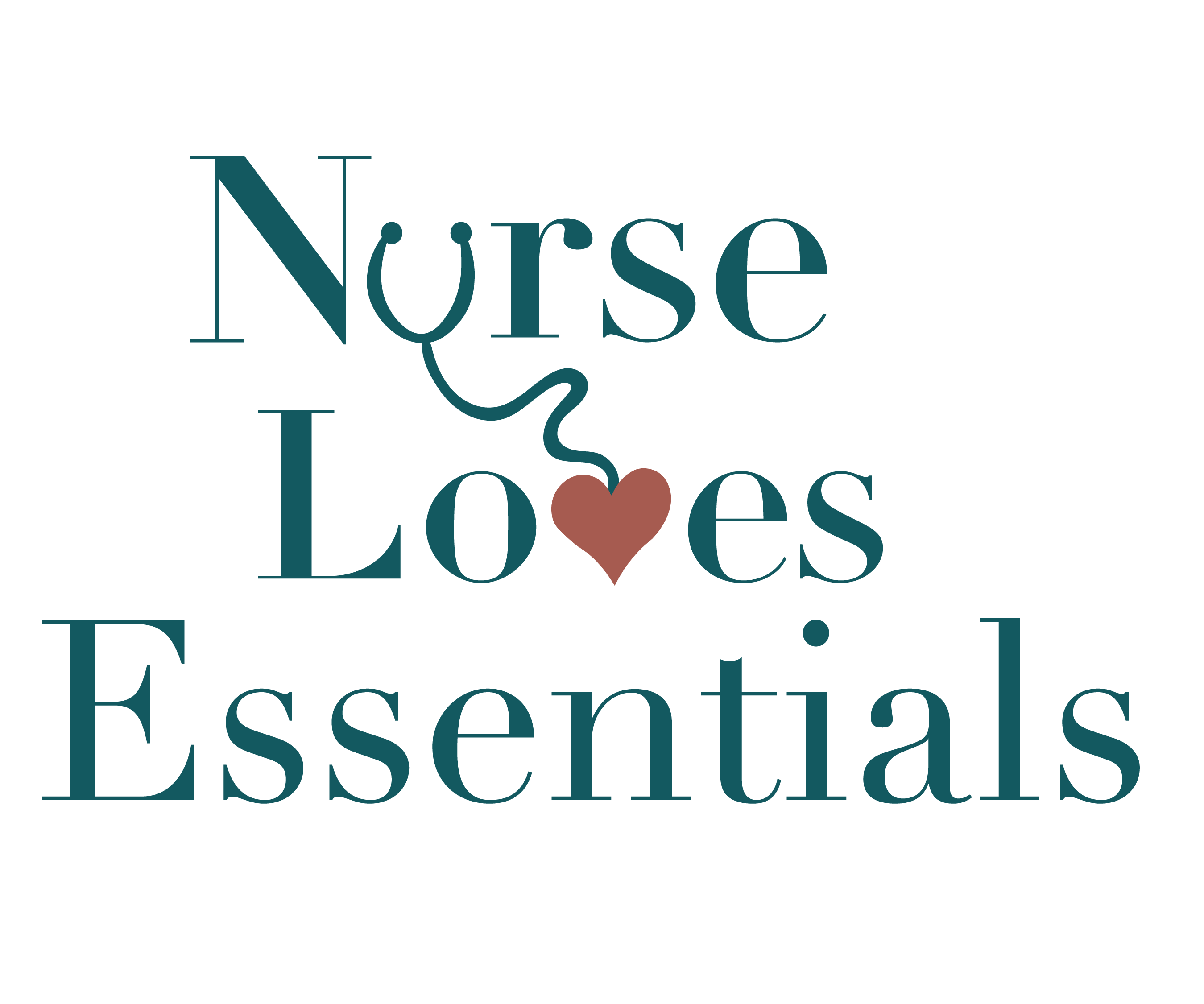You’ve probably heard the fuss on self-advocacy at least once when dealing with chronic illness. When it comes to speaking up for yourself, especially in healthcare, there are specific self-advocacy skills you need to develop to get yourself heard.
Self-advocacy is a strategy. However, without the right skills, this strategy won’t work. So, if you are dealing with chronic illness, self-advocacy skills are something you must learn. It goes beyond speaking up for yourself; it involves you effectively communicating the best options for your health, understanding your body and symptoms, and identifying what best suits you.
Advocating for yourself involves adequate knowledge, effective communication, and determination.
What are self-advocacy skills?
Self-advocacy skills are the necessary ‘tools’ you need in your armor to be able to speak up for yourself and be heard in matters relating to your health.
To avoid being sidelined, not taken seriously, or taken for granted, these skills will help facilitate your efforts. Self-advocacy is mainly about being in control of what happens to you, being able to express your feelings, freely ask questions, and get answers without giving up!
Can self-advocacy skills be learned?
Yes, you can learn self-advocacy skills. There are several ways to learn self-advocacy skills, starting with identifying the things you lack.
Here are some ways you can develop self-advocacy skills:
- Identify where you’re lacking: I believe this is the first step to learning. If you don’t know what you lack, you won’t know what to develop. Self-advocacy is about communication, understanding, and confidence; when you know which one is lacking, you can decipher your next effective step toward learning.
- Read books: There are several books on how to communicate effectively, how to boost your self-esteem, and books on your diagnosis. One of the reasons most people cannot advocate for themselves is because they do not have a proper understanding of their condition.

- Research: Asides from reading, carry out proper research about your disease. Books might not be as updated as library materials or online publications. You can ask questions and get informed answers if you have a community.
- Practice: Practice how you will express yourself and predict the doctor’s positive or negative response. You can either stand in front of a mirror or have a loved one help you with it.
Doing this will help you prepare for real situations, and by then, you will be able to navigate these situations more effectively.
- Positive self-talk: Another vital aspect of self-advocacy is confidence. I know that being diagnosed with a chronic condition will affect your self-esteem, but don’t let it define you. You are not your diagnosis. Practice staying in front of the mirror and saying something positive about yourself. Positive affirmations help to dispel negativity and boost your self-esteem. Find things to be grateful for and have a happy quote you can repeat to get you through a mood change.
- Consult: Seek professional help from a therapist who understands your condition. They may be able to give you more pointers on aspects you need to work on and the required resources to improve yourself.

Self-advocacy skills for adults
1. Self-evaluation
When it comes to self-advocacy, you should be able to evaluate yourself, including your actions and intentions. There is a borderline to be wary of when taking a stand for yourself. Are you insisting on a particular treatment option just because you don’t want to be wrong? Or is it emotions?
When you are in that doctor’s office, you should be able to evaluate your actions and intentions and detect if you are being reasonable or not.
2. Persistence
Every self-care advocate should know how to push further even if they are faced with strong resistance. Persist in your case until someone is moved to listen to you. If the doctor tries to sideline or overlook some of the concerns you mention, you should be able to detect and keep being a bother to that doctor. Don’t leave his office until all your concerns are addressed.
3. Assertiveness
Assertiveness is a communication skill every self-advocate needs to have in their armor. Being assertive means taking a stand for what you believe in in a way that isn’t docile or aggressive. When you stand up for yourself, you don’t want to be so docile that you are taken for granted.
4. Negotiation
Sometimes, standing up for yourself can require a few negotiation skills. You have to be able to convince your doctor if you think you have discovered a treatment option that is best for you. Cut a deal with your doctor, and learn how to negotiate, compromise, and persuade.
In all, make sure to be reasonable.
5. Self-confidence
Self-confidence is something you exude when communicating with people. If you are not confident in yourself and your opinions about your health, it gets easier for others not to take you seriously.
6. Evaluation
Evaluating situations, decisions, and data is essential to self-advocacy. You should be able to assess your previous decisions and their current outcome, as it will inform your future decisions and aid your management of the disease.
7. Research
Every self-care advocate should know how to research, at least on average, because most of your knowledge will come from personal research about your condition. You should be able to detect internet lies from verified data, identify credible sources in your niche, and understand how to navigate several online and social media platforms.
8. Self-care
The health care and social service system is not entirely reliable. As much as you might want to trust your doctor and rely on him for everything, you must learn how to care for yourself and manage your symptoms more effectively. You can check out my post on how to live happily with a chronic illness; it contains practical self-care tips to manage your symptoms.
9. Record-keeping
When you do research, you should also learn how to keep records. However, record-keeping goes beyond your research data; it includes keeping track of symptoms and changes in your body. When you go for a check-up with the doctor, you should also be able to keep records of important terms, new suggestions, and any other opinions your doctor shares with you.
10. Communication
Communication is an essential aspect of self-advocacy because if you are not heard, you won’t be able to make your case, and if you do not listen to others, you might make an avoidable mistake.

Self-advocacy skills are the skills needed to research, communicate, and take proper inventory of your body’s response to different treatment options.
If you do not have any of the listed self-advocacy skills, it is something you can learn and develop. All it takes is your desire and passion to get the necessary support and professional advice.
What advocacy skills do you think are non-negotiable, and what other advocacy skills do you think should be added to the list?
READ ALSO: How to Set Healthy Boundaries While Living with a Chronic Illness




0 Comments